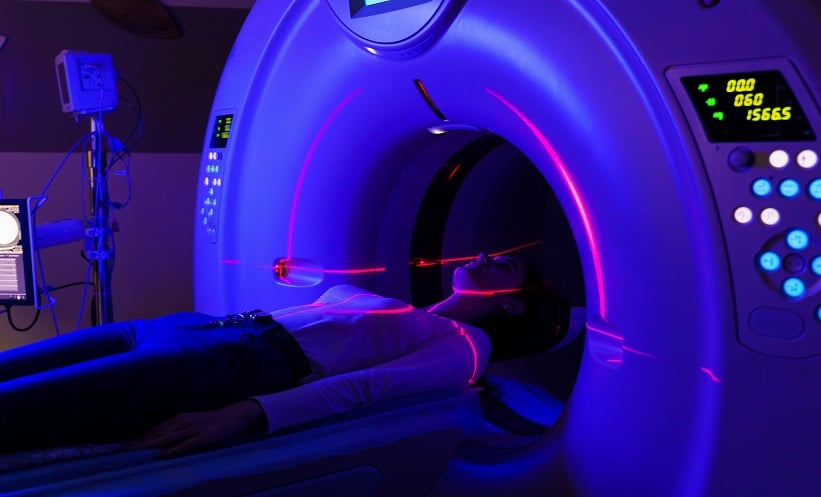Bridging radiotherapy (BRT) before CAR-T cell therapy may help reduce severe treatment-related toxicities in patients with B-cell lymphoma, according to an abstract presented at the 2025 International Conference on Malignant Lymphoma (ICML).
Cytokine release syndrome (CRS) and immune effector cell-associated neurotoxicity syndrome (ICANS) are known complications of CAR-T therapy and can lead to significant morbidity and mortality. In this study, researchers evaluated 116 patients who received BRT prior to CAR-T between 2016 and 2024.
CRS occurred in 74 percent of patients, mostly grade 1 or 2. Severe (grade 3 or higher) CRS was seen in only 5 percent. ICANS was reported in 25 percent, with 12 percent experiencing grade 3 or higher.
Patients treated with axicabtagene had higher rates of CRS of any grade (91 percent, p=0.001), although no CAR-T product was linked to increased rates of severe toxicity. The use of systemic therapy alongside BRT did not increase the risk of high-grade CRS or ICANS.
Importantly, elevated lactate dehydrogenase (LDH) levels after BRT were associated with higher toxicity. Patients whose LDH normalised following BRT experienced significantly fewer severe events. Delivery of higher biological effective doses (BED) of radiation was linked to greater LDH reduction and lower toxicity.
The researchers concluded that BRT does not appear to worsen CAR-T toxicity and may offer protective benefits through disease cytoreduction. LDH levels and BED may serve as useful tools for guiding bridging strategies and early toxicity risk.
Reference
Patel RR et al. Bridging radiotherapy does not increase risk of CAR T-cell associated toxicity. Abstract 452. ICML; 13-17 June; Lugano, Switzerland.








